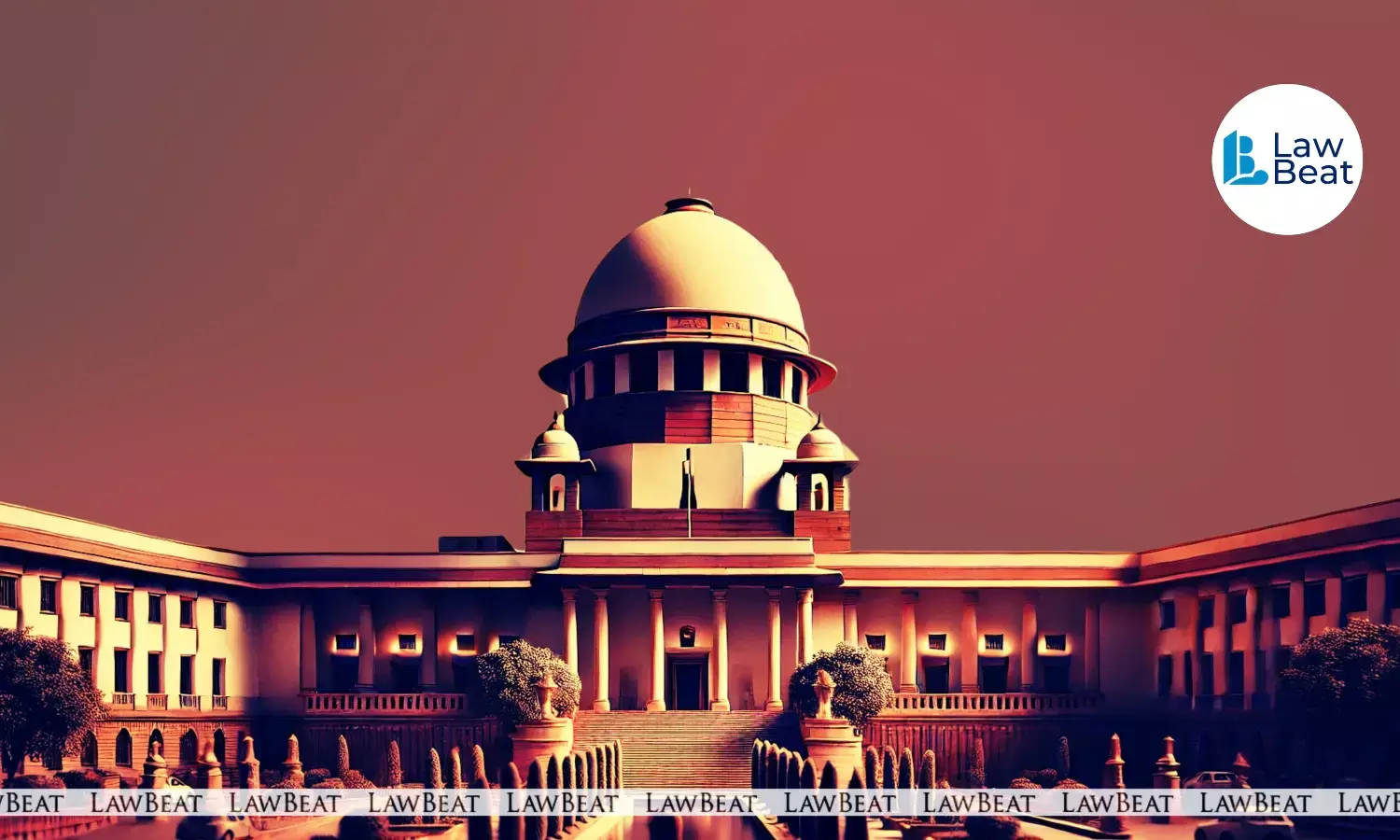Unchecked Proliferation of Political Parties: PIL in SC Seeks ECI Rules to Stop Misuse for Black Money

A Public Interest Litigation has been filed in the Supreme Court under Article 32 of the Constitution, seeking directions to the Election Commission of India (ECI) to frame comprehensive rules for the registration and regulation of political parties. The petitioner has argued that unchecked proliferation of parties without statutory regulation has turned them into vehicles for money laundering, corruption, and criminalisation of politics.
The PIL, likely to be listed in the coming days, has also sought directions to the Union Government to take effective measures to curb the menace of corruption, casteism, linguism, regionalism, communalism, and criminalisation in public life.
The petitioner, Advocate Ashwini Kumar Upadhyay relies on recent Income Tax raids to highlight the urgency of reforms. On July 13, 2025, raids on the offices of two parties; Indian Social Party and Yuva Bharat Atma Nirbhar Dal, allegedly unearthed black money to the tune of ₹500 crore. According to the plea, these entities were created solely to accept donations in cash through hawala channels and return the money via cheque after deducting a 20% commission. A news report from Dainik Bhaskar has been annexed to the petition as evidence.
Similarly, on August 12, 2025, the Income Tax Department unearthed another party, National Sarva Samaj Party, which was allegedly engaged in converting black money into white. Raids at the residence of its office bearers revealed ₹271 crore in unaccounted funds. This news report, carried in Dainik Bhaskar on August 13, has also been annexed.
The petitioner contends that nearly 90% of registered political parties never contest elections but operate merely as conduits for money laundering. The plea alleges that some office bearers of these entities have criminal backgrounds, including drug trafficking, land mafia operations, kidnappings, and even serious offences like rape and contract killings, yet manage to gain police protection under the guise of politics.
According to the petition, bogus parties exploit political recognition to project legitimacy. Their office bearers allegedly flaunt SUVs with hooters and oversized nameplates, living off black money while posing as public leaders. “All this is happening only because there is no comprehensive law to regulate the functioning of political parties,” the PIL submits.
The petitioner recalls that the Law Commission of India (Justice Jeevan Reddy-led panel) and the National Commission to Review the Working of the Constitution (Justice M.N. Venkatachaliah-headed panel) had both flagged this gap decades ago. Further, in 2011, a draft law titled The Political Parties (Registration and Regulation of Affairs) Bill was prepared by an expert committee headed by Justice Venkatachaliah along with legal experts, journalists and civil society members. Despite repeated calls for reform, successive governments never acted on it.
The plea underlines that political parties enjoy significant constitutional status and wield enormous powers under the Tenth Schedule. They can bind legislators to party whips, recommend disqualification of members, and effectively control lawmaking and governance. Yet, unlike companies, cooperatives, trusts, or even religious institutions, parties remain outside any robust regulatory framework.
While Section 29A of the Representation of the People Act (RPA) requires registration, and Section 29C mandates disclosure of donations above Rs. 20,000, there is no law governing their internal democracy, funding transparency, or accountability. Parties enjoy substantial indirect state financing, including free airtime on All India Radio and Doordarshan, tax exemptions under Section 13A of the Income Tax Act, subsidised accommodation, and free copies of electoral rolls.
“Despite being substantially funded by the State and performing crucial public functions, political parties escape accountability,” the petitioner argues, stressing that they must be treated as “public authorities” within the meaning of law.
The PIL contends that political parties not only decide the fate of candidates in State Assemblies and Parliament but also influence the election of the President, Vice President, and Chief Ministers. In the absence of statutory regulation, they remain unaccountable despite holding decisive power in India’s constitutional framework.
Citing comparative examples from other democracies where party regulation is mandated by law, the petition stresses the need for inner-party democracy, term limits for leadership, transparent funding norms, and penalties for violations.
The petitioner has therefore prayed for the Supreme Court to direct the ECI to frame binding rules to ensure transparency, accountability, and democratic functioning of political parties, and to direct the Centre to legislate against the “menace of criminalisation and black money in politics.”
Case Title: Ashwini Kumar Upadhyay v. Union of India & Ors.
Filing Date: August 29, 2025
Bench: Supreme Court of India (hearing expected)
